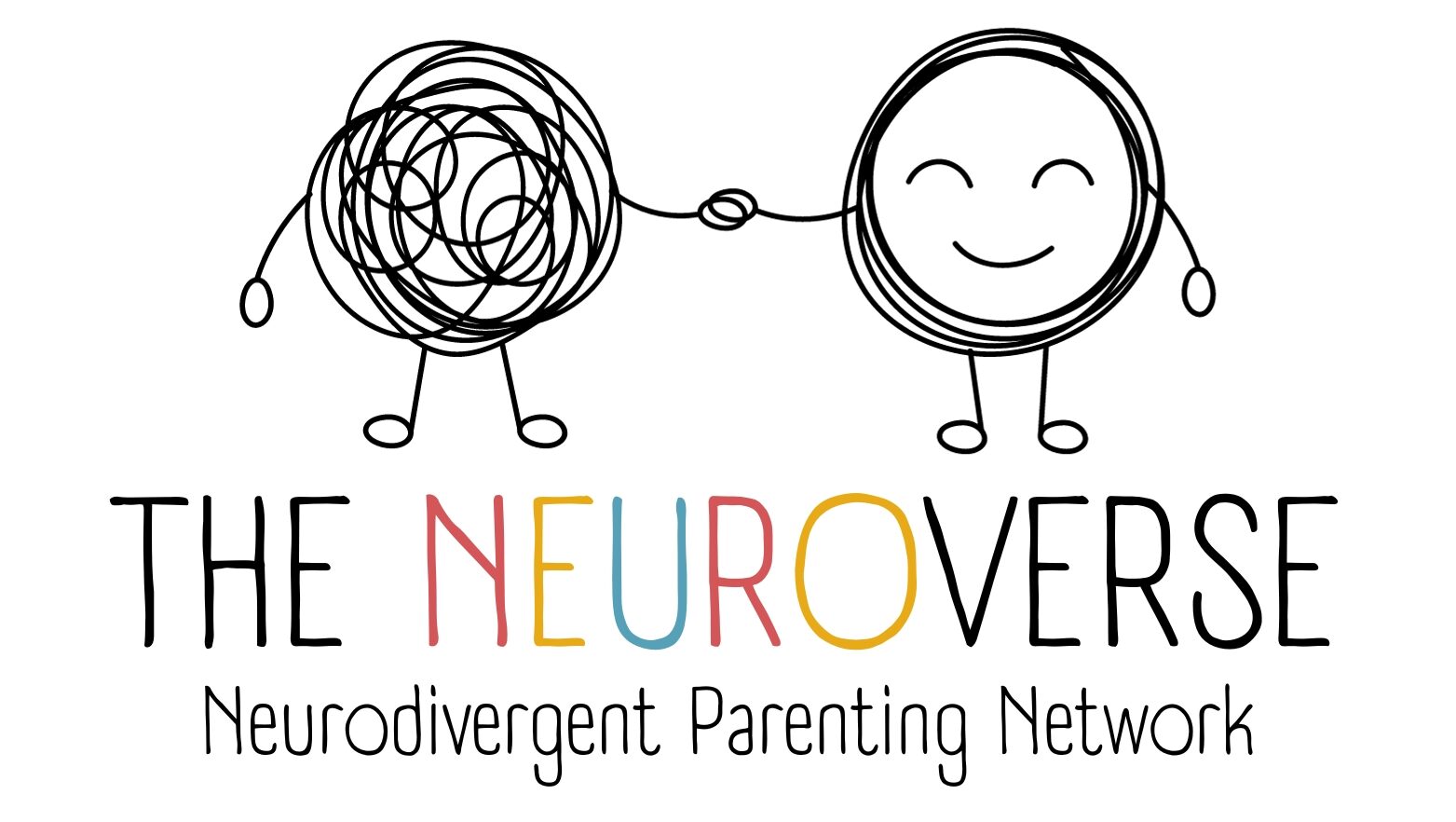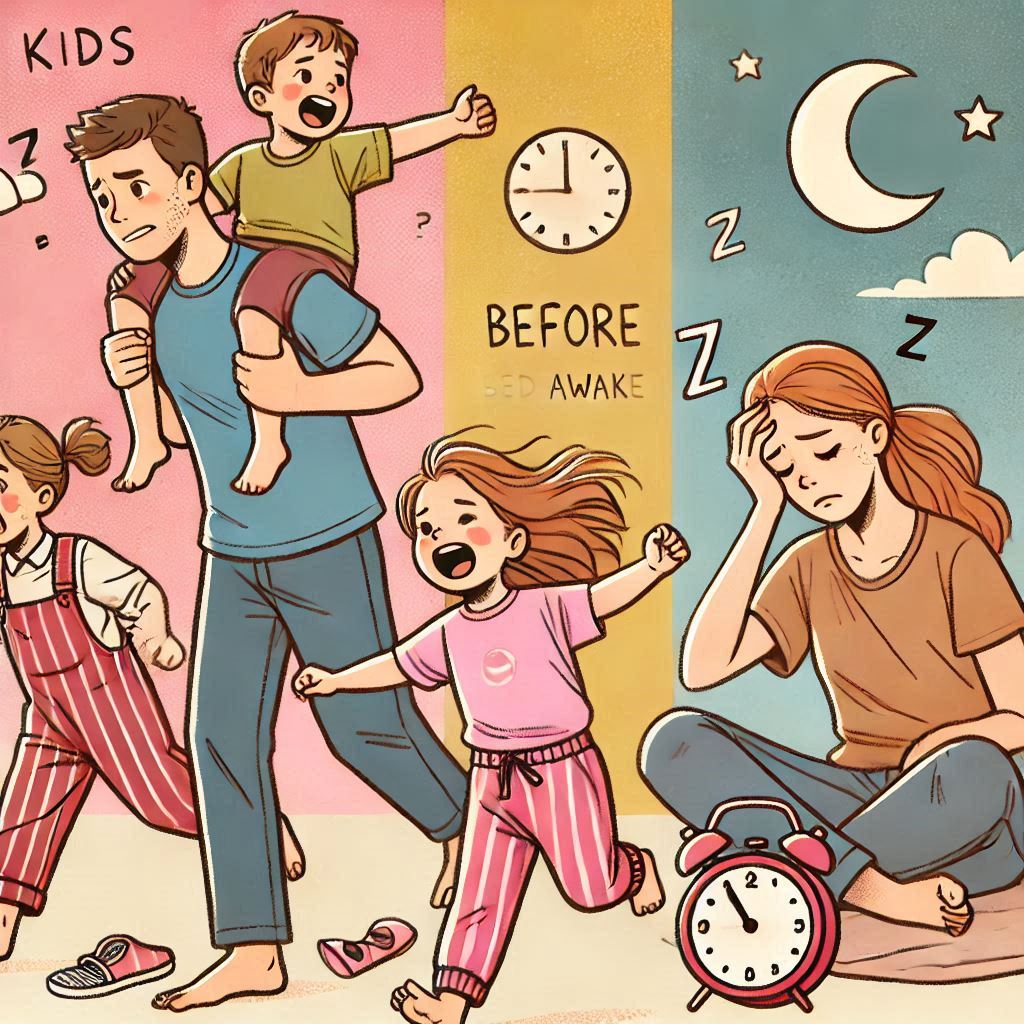The Neurotypical Sibling Experience

Growing up with a sibling who has a neurodevelopmental disorder like autism or ADHD can challenging for neurotypical siblings. These siblings often face unique stresses and emotional burdens that can significantly impact their lives.
Feelings of Isolation and Loneliness:
One of the most common experiences for neurotypical siblings is a sense of isolation. They might feel lonely or disconnected because their sibling with ASD or ADHD requires a lot of attention and care from their parents. This can lead to feelings of neglect or sadness, as they perceive a lack of reciprocity in their sibling relationship. Several studies indicate that neurotypical siblings often experience depression and loneliness due to the dynamics within the family (Sipowicz, 2022; Autism Spectrum News, 2020).
Resentment Over Parental Attention:
Family life often revolves around the needs of the neurodivergent child, which can breed resentment among neurotypical siblings. They might feel that they receive less parental time and attention compared to their sibling with special needs. This perceived imbalance can cause frustration and anger, impacting their emotional well-being and their relationship with their parents (Holl, 2020).
Navigating Social Situations:
Neurotypical siblings may struggle with social situations, particularly when their sibling’s behaviours draw attention or create awkward scenarios. They might feel embarrassed or stressed in public settings or during social gatherings. Additionally, they often have to explain their sibling’s behaviour to friends and peers, which can be challenging and emotionally draining (Autism Speaks, 2021).
Long-term Relationship Impact:
Some neurotypical siblings might not fully understand their sibling’s difficulties during childhood, but as they grow older, the realisation that they cannot have a meaningful relationship with their sibling can be distressing. This can lead to distant or estranged sibling relationships, which is a significant issue that deserves more research and attention. Anecdotal evidence suggests that undiagnosed autism in a sibling can be a hidden cause of difficult family relationships, as neurotypical siblings struggle to establish connections (Psychology Today, 2023).
Emotional Complexity and Growth:
Despite the challenges, many neurotypical siblings develop a deep sense of empathy and understanding. They learn to navigate complex emotional landscapes, balancing protective instincts with feelings of frustration and guilt. This emotional complexity can foster resilience and maturity, although it also requires careful support and guidance to prevent negative psychological impacts (Autism Spectrum News, 2020).
How Can We Support Neurotypical Siblings?
Providing neurotypical siblings with appropriate support is crucial. This can include:
- Dedicated Time:
Ensuring parents spend quality one-on-one time with neurotypical siblings to make them feel valued and special.
- Support Groups:
Encouraging participation in support groups where they can share experiences and feelings with peers who understand their situation.
- Clear Communication:
Educating neurotypical siblings about their brother or sister’s condition can help them understand and empathise better.
- Routine and Predictability:
Helping neurotypical siblings understand and respect the routines that benefit their neurodivergent siblings can reduce frustration and conflict (Autism Spectrum News, 2020).
By acknowledging the unique challenges neurotypical siblings face and providing them with the right support, families can foster healthier relationships and emotional well-being for all their children.
References
Sipowicz, K. (2022). Being an adult sibling of an individual with autism spectrum disorder may be a predictor of loneliness and depression – Preliminary findings from a cross-sectional study. Frontiers in Psychology. Retrieved from [Frontiers in Psychology](https://www.frontiersin.org/articles/10.3389/fpsyg.2022.945612/full)
Holl, E. (2020). Siblings: Common Concerns and Effective Support Strategies. Autism Spectrum News. Retrieved from [Autism Spectrum News](https://autismspectrumnews.org/siblings-common-concerns-and-effective-support-strategies/)
Autism Speaks. (2021). 20 Things You Experience as a ‘Neurotypical’ Sibling. Retrieved from [Autism Speaks](https://www.autismspeaks.org)
Psychology Today. (2023). A Hidden Cause of Some Difficult Family Relationships. Retrieved from [Psychology Today](https://www.psychologytoday.com/us/blog/behavior-problems-behavior-solutions/202309/a-hidden-cause-of-some-difficult-family-relationships)



Leave a Reply